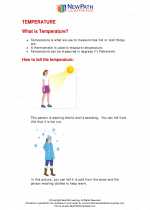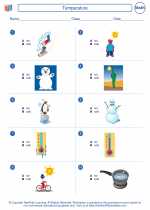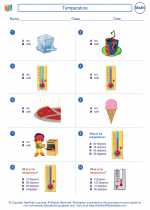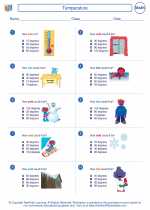Windy
Windy weather refers to the presence of strong winds in the atmosphere. Wind is the movement of air from an area of high pressure to an area of low pressure. When the air moves rapidly, it creates what we perceive as wind. Wind can be caused by a variety of factors, including differences in temperature, the rotation of the Earth, and the presence of large bodies of water or mountains.
Windy weather can have both positive and negative effects. On the positive side, wind can be harnessed to generate electricity through wind turbines. It can also help disperse seeds and pollen for plants. However, strong winds can also cause damage to buildings, trees, and power lines. They can create hazardous conditions for outdoor activities and transportation.
When describing the weather, we use terms like "breezy" for light winds, "gusty" for sudden bursts of wind, and "blustery" for cold and windy conditions. Wind speed is measured using an instrument called an anemometer, and is typically reported in miles per hour or kilometers per hour.
Overall, windy weather is a natural and important part of the Earth's climate system, influencing everything from the distribution of heat and moisture to the behavior of birds and insects.
.◂Math Worksheets and Study Guides First Grade. Temperature

 Worksheet/Answer key
Worksheet/Answer key
 Worksheet/Answer key
Worksheet/Answer key
 Worksheet/Answer key
Worksheet/Answer key
